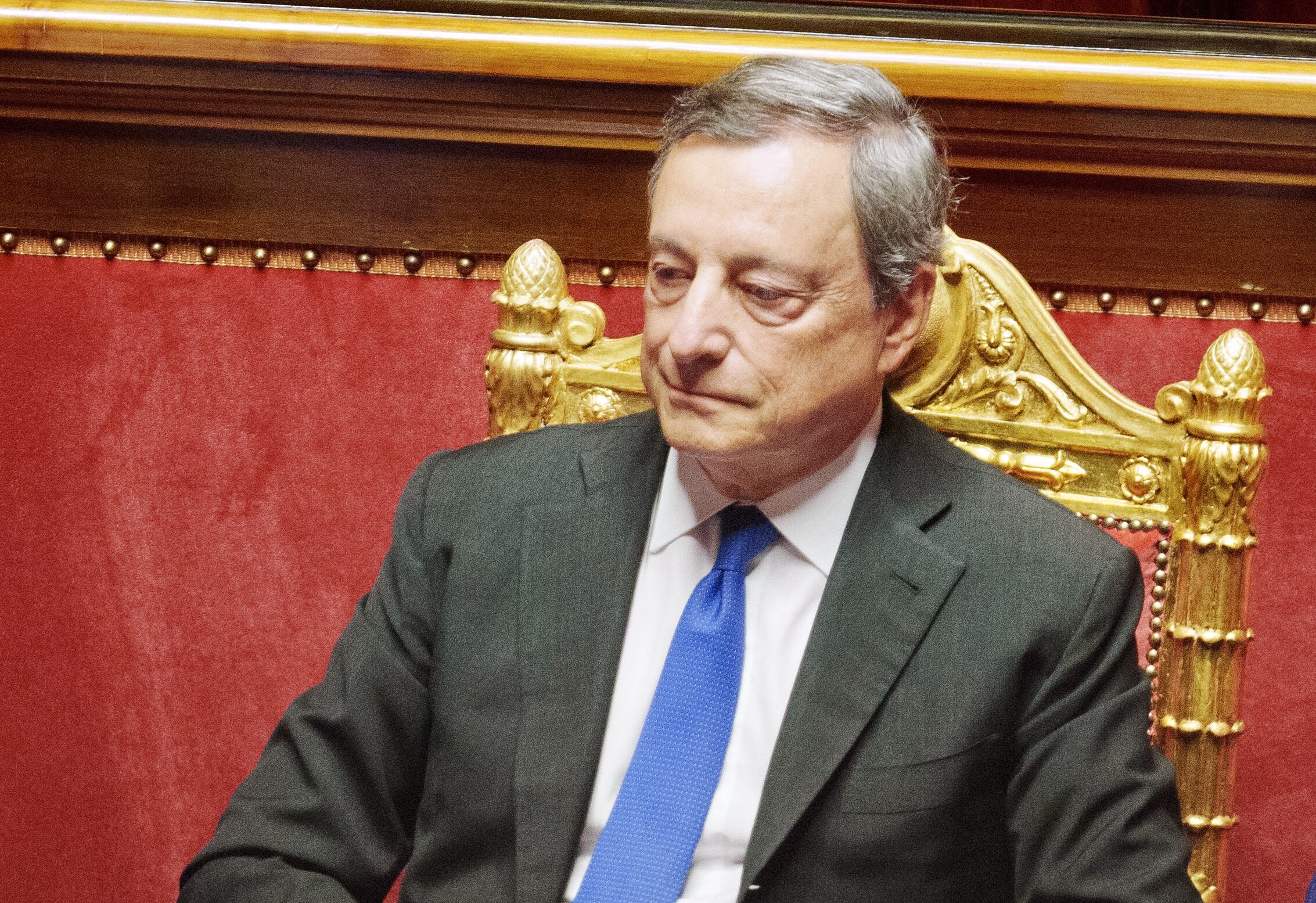Who and why fears Draghi

For Draghi it would have made no sense to deliver Hulpe's decidedly heterodox speech after the European elections because it would have been completely irrelevant. Marco Mayer's speech
Just pronounce the name Mario Draghi and Italian politics and the mainstream media immediately go into fibrillation, as well documented by Startmag . Even Giovanni Minoli ventured into pessimistic predictions on his possible future role in Europe, arguing that Draghi made a strategic mistake because the timing of his public appearances would not be his strong point.
Just the opposite is true. Draghi's two most important statements will go down in the history books precisely because they were timely. As Startmag readers will have guessed, I am referring firstly to the famous press conference on the Euro as president on 26 July 2012 ( whatever it takes ), and secondly to his less well-known, but probably even more important, stance on the 4 October 2009 as Chair of the Financial Stability Board on the need to regulate large, systemically important international banks following the 2008 financial crisis.
For Draghi it would have made no sense to deliver Hulpe's decidedly heterodox speech after the European elections because it would have been completely irrelevant, even if – following Minoli's conspiracy logic – Draghi would have been better off waiting for the electoral outcome in view of possible positions in the EU.
But it's not just Minoli: all the attention of the Italian press seems worried about what Draghi will do when he grows up. On the other hand, another thing worries me. Will the Italian (and European) political parties listen or not listen to the message given to Hulpe by Draghi? In fact, I have a well-founded fear that the Copernican revolution in European policies that Draghi proposes will remain unheeded.
The horizon proposed by the former Prime Minister is very far from the EU today. Draghi aims for a Europe equipped with its own technological and industrial strategy, with a common energy and defense policy, with the ability to weigh in on major global challenges, but cognitive biases and apparatus resistance die hard.
For a long time, a Eurocentric vision has been rooted in the center and left parties in which Europe is entirely focused on itself and which in fact ignores the great changes that have occurred in the economy and world politics in the last 25 years. If it is true that the main cause of the political irrelevance of the EU has been the resistance of national governments, it is also true that the "liberal" techno-bureaucratic visions dominant in Brussels also have part of the responsibility. To speak only of Italians, we can observe an "autistic" conception of the single market substantially common to different personalities such as Romano Prodi, Mario Monti, Enrico Letta, Antonio Tajani or Paolo Gentiloni.
Mario Draghi's speech is decidedly different and raises some questions. What was the point of insisting so much on internal competition between the various EU countries while in the meantime the doors of Europe were thrown open to the Chinese industrial giants subsidized by Beijing? If it is true that for years the Germans and French have been ruthlessly (and masochistic) competing in the Chinese market, why should we be surprised if Chinese companies dominate the automotive market in Europe in years to come?
On the right-wing parties side, Mario Draghi's speech creates even more embarrassment for two reasons. The first is the fear that Draghi's ideas will fascinate a part of the electorate who has begun to distrust the sirens of sovereignism. Just think of a country like Hungary, where 90% of telecommunications are in the hands of Chinese companies and energy depends almost entirely on Russian oil and/or Russian-made nuclear power plants.
The second reason is that the awareness of the fragility of individual states and the idea of a Europe that aspires to the role of "great power" alongside the United States, China, India, Japan, etc. it can also have its appeal on the right.
I think that, rather than worrying about Mario Draghi's personal destiny, the parties of the left, right and center would do well to reflect and meditate seriously on the contents of his message, having the courage to go into the merits and say which objectives are agree and which ones they disagree on. When Mario Sechi on Libero rightly mentions the risk of a possible dissociation between kratos (power) and demos (people), the discussion is not about Draghi but about mistrust in the parties in which half of the voters no longer recognize themselves.
This is a machine translation from Italian language of a post published on Start Magazine at the URL https://www.startmag.it/mondo/chi-e-perche-teme-draghi/ on Wed, 24 Apr 2024 06:09:06 +0000.
